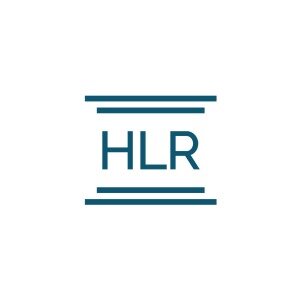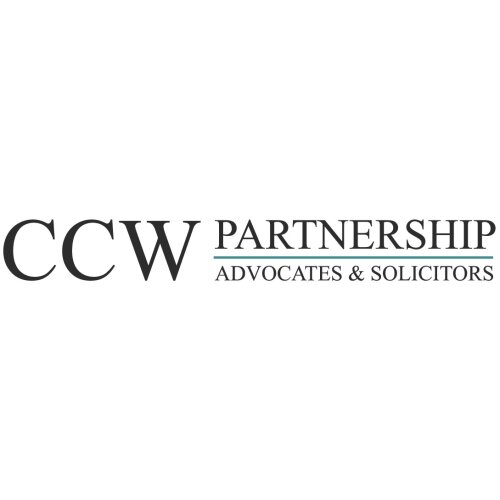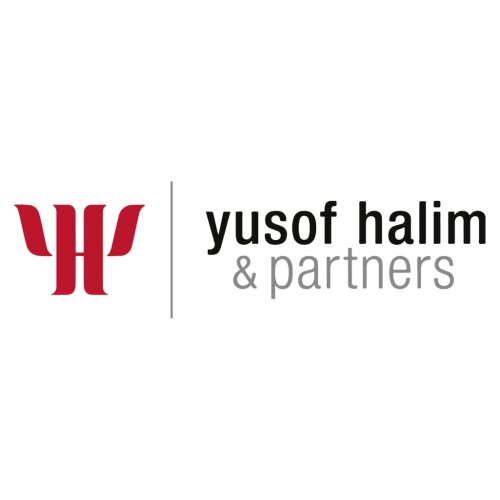Best Water Law Lawyers in Brunei
Share your needs with us, get contacted by law firms.
Free. Takes 2 min.
Or refine your search by selecting a city:
List of the best lawyers in Brunei
About Water Law in Brunei
Water Law in Brunei concerns the governance, development, use, and protection of the nation's water resources. Given Brunei's geographical location and its reliance on water for domestic, industrial, and environmental needs, water law plays a key role in ensuring the availability, cleanliness, and sustainable management of water. This area of law addresses issues such as water rights, allocation, pollution control, irrigation, drainage, dam safety, and dispute resolution between water users.
Why You May Need a Lawyer
You may require the assistance of a lawyer specializing in Water Law in a range of situations. These include disputes over water usage rights, disagreements regarding access to rivers or waterways, compliance with environmental or water safety regulations, or facing allegations of illegal water usage or pollution. Lawyers can also help with obtaining permits for drilling wells, building structures near water bodies, or engaging in large-scale agricultural or industrial projects. Moreover, if you are affected by government development plans or are part of a community impacted by water resource projects, legal advice can help you understand your rights and available remedies.
Local Laws Overview
Brunei's Water Law framework is shaped by multiple legal instruments and government bodies. The key legislation includes the Water Supply Act, the Public Health Act, the Environmental Protection and Management Order, and the Land Code. These laws regulate water quality, water supply infrastructure, and environmental protection. Specific agencies such as the Public Works Department (PWD) manage water supply and quality, while the Department of Environment, Parks and Recreation oversees environmental regulation, including water pollution controls. Issues such as water extraction, land use adjacent to rivers, and wastewater discharge are subject to permits and oversight to minimize environmental impacts and ensure equitable use of water resources.
Frequently Asked Questions
What is Water Law in Brunei?
Water Law in Brunei refers to the set of laws and regulations governing how water resources are accessed, used, and protected across the country. It includes rules on water supply, distribution, pollution prevention, and rights of individual and corporate water users.
Who controls water resources in Brunei?
Water resources in Brunei are primarily administered by the government through the Public Works Department and other relevant agencies. These bodies manage water supply systems, grant usage permits, and enforce environmental regulations.
Do I need a permit to use river or ground water?
Yes, permits are required for certain uses of river or groundwater, especially for commercial or industrial purposes. Unauthorized usage or extraction may result in fines or legal action.
How is water pollution regulated?
Water pollution is regulated under environmental laws that set standards for water quality and control the discharge of waste and pollutants into waterways. Offenders may face fines, orders to remediate damage, or other sanctions.
Can I build near rivers or lakes?
Building near water bodies often requires special approval from relevant authorities to ensure environmental standards are met and natural water flows are not disrupted. Unpermitted construction can lead to penalties or demolition orders.
What happens if my property is affected by water development projects?
If your property is impacted by government water projects, you may be entitled to compensation or relocation assistance. Legal advice can clarify your rights and available remedies in such situations.
How can water disputes be resolved?
Water disputes may be resolved through negotiation, mediation, or court proceedings. Lawyers can assist in presenting your case and seeking a fair settlement or legal outcome.
Is water rationing legal in Brunei?
Yes, under certain emergency circumstances such as drought or water contamination, the government can implement water rationing measures to ensure equitable distribution. These actions are typically regulated by formal notices and public announcements.
Can foreign companies access Brunei's water resources?
Foreign companies must comply with local laws and regulations, including acquiring necessary permits for water use. There may be restrictions or additional requirements for foreign entities compared to local businesses.
What should I do if I discover illegal water use or pollution?
Report the incident to the relevant authorities such as the Department of Environment, Parks and Recreation or the Public Works Department. You may also seek legal advice on further steps or remedies if the illegal activity affects your rights or property.
Additional Resources
For further information and assistance regarding Water Law in Brunei, consider reaching out to the following organizations and bodies:
- Public Works Department (JKR) - Responsible for water supply, permitting, and infrastructure management
- Department of Environment, Parks and Recreation - For matters concerning water quality, pollution control, and environmental regulations
- Attorney General's Chambers - For legal interpretation and government legal policies
- The Ministry of Development - Overseeing land use, public utilities, and large-scale resource projects
- Local law firms with expertise in environmental and water law
Next Steps
If you believe you need legal assistance concerning Water Law in Brunei, start by gathering all relevant documents such as permits, notices, correspondence with authorities, and records of water use or disputes. Identify the specific issue you are facing and make a list of questions for your legal adviser. Reach out to a local lawyer or law firm specializing in environmental or property law. They can guide you through your rights, obligations, possible solutions, and the next legal steps to take. For administrative matters, contact the appropriate government body for initial advice or clarification, and request any official procedures or forms required for your case.
Lawzana helps you find the best lawyers and law firms in Brunei through a curated and pre-screened list of qualified legal professionals. Our platform offers rankings and detailed profiles of attorneys and law firms, allowing you to compare based on practice areas, including Water Law, experience, and client feedback.
Each profile includes a description of the firm's areas of practice, client reviews, team members and partners, year of establishment, spoken languages, office locations, contact information, social media presence, and any published articles or resources. Most firms on our platform speak English and are experienced in both local and international legal matters.
Get a quote from top-rated law firms in Brunei — quickly, securely, and without unnecessary hassle.
Disclaimer:
The information provided on this page is for general informational purposes only and does not constitute legal advice. While we strive to ensure the accuracy and relevance of the content, legal information may change over time, and interpretations of the law can vary. You should always consult with a qualified legal professional for advice specific to your situation.
We disclaim all liability for actions taken or not taken based on the content of this page. If you believe any information is incorrect or outdated, please contact us, and we will review and update it where appropriate.
Browse water law law firms by city in Brunei
Refine your search by selecting a city.














